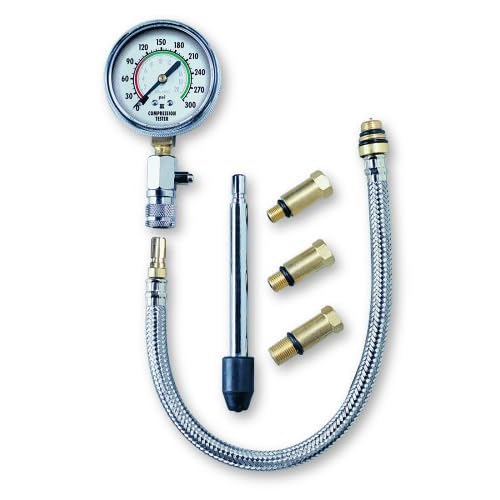ROBERT DAVIS
Well Known Member
Hi,
I am looking at purchasing a plane with 455 TTSN Aerosport 0-360 Engine & Hartzel prop.
Should I be worried about the compressions?
1 2 3 4
74/80 71/80 78/80 76/80
Would like to hear from you all.
Thank you
I am looking at purchasing a plane with 455 TTSN Aerosport 0-360 Engine & Hartzel prop.
Should I be worried about the compressions?
1 2 3 4
74/80 71/80 78/80 76/80
Would like to hear from you all.
Thank you
Last edited:






